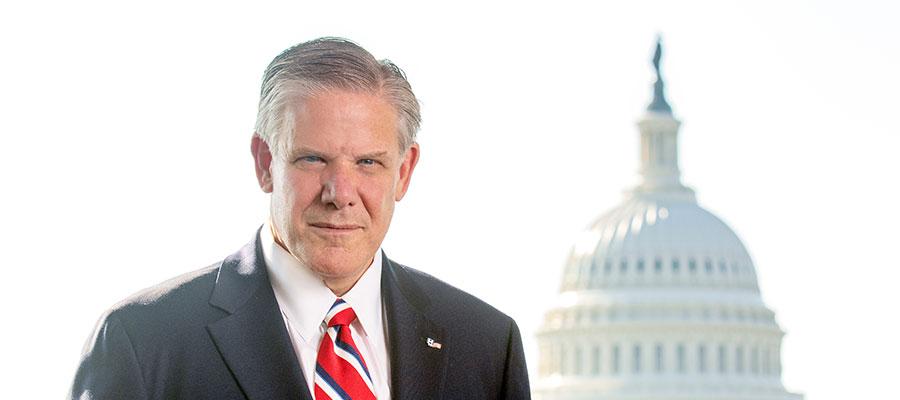Perspective: Progress on Stopping Cuts to Hospitals … Still More Work to Do

This week Congress passed legislation to stop a number of harmful cuts to Medicare payments for hospitals, physicians and other providers that were scheduled to kick in at the beginning of next year.
Lawmakers heard our field’s message: As hospitals and physicians continue their almost two-year battle against COVID-19 on behalf of patients across the country, including the recent emergence of the Omicron variant, now is not the time to impose additional financial hardship. And they acted.
Specifically, the bill eliminates the 2% Medicare sequester cuts for hospitals and physicians until April 2022. It also reduces the cut from 2% to 1% from April through the end of June. We will continue to work with Congress to ensure that providers and the patients they care for are not under continued duress when that cut is scheduled to take effect.
In addition, the bill would stop the Statutory Pay-As-You-Go (PAYGO) sequester from taking effect early next year. The Congressional Budget Office has estimated that a Statutory PAYGO sequester resulting from passage of the American Rescue Plan Act of 2021 would cause a 4% reduction in Medicare spending or about $9.4 billion in Medicare cuts to hospital providers in 2022. Congress will need to act in late 2022 to eliminate these cuts entirely, and we will urge them to do so.
We also were pleased that the bill lowered reductions to payments for physicians; delayed payment cuts and private payer data reporting requirements for certain hospital laboratories; and delayed the implementation of the radiation oncology model.
While we are glad to see these priorities taken care of for the time being, we still have more work to do.
Among other issues, we continue to urge Congress to allow hospitals and health systems to quickly access the remaining Provider Relief Fund dollars and give them more flexibility in how and when the funds can be used; make permanent some telehealth flexibilities granted under the COVID-19 public health emergency; and provide relief for hospitals participating in the 340B Drug Pricing Program that had to leave the program due to changes in their patient mix as a result of the pandemic.
In addition, we continue to work with the Senate to improve the roughly $1.75 trillion Build Back Better Act, which the House passed last month. We support many parts of the bill that would advance health in our communities, but we are pressing the Senate to eliminate the punitive Medicaid disproportionate share hospital and uncompensated care cuts.
In a recent op-ed authored by the late Bob Dole, an American hero and a giant in the Senate who passed away this week, he wrote, “America has never achieved greatness when Republicans and Democrats simply manage to work together or tolerate each other. We have overcome our biggest challenges only when we focused on our shared values and experiences. These common ties form much stronger bonds than political parties.”
Advancing health in America and supporting our hospitals and caregivers that have been on the front lines of the COVID-19 pandemic for two years is a bipartisan message we all can get behind.
We made progress this week on those efforts, and we’ll continue working around-the-clock to deliver the support and resources you need to continue caring for your patients and communities.

